Do games have enough respect for your spare time?
How developers think about every moment you play their games.
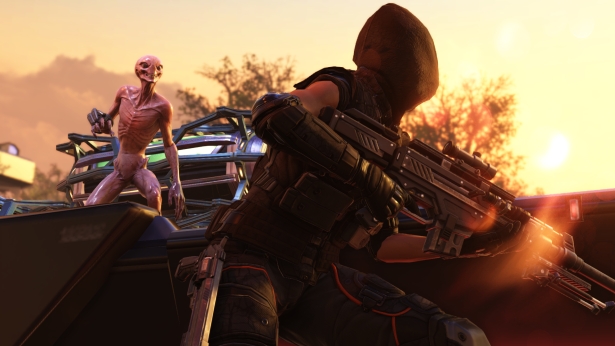
Seeing re-releases of Final Fantasy games like IX and X/X-2 on PC makes me happy, and it's not just because they're great RPGs. The secret, real reason is that Square Enix added optional fast-forward functions to both of these games, allowing me to knock through their many random battles in seconds, rather than minutes. That shows a lot of respect for the player's time, and inarguably improves the game for me. Well done, Square Enix. Now I want to play everything at four times the speed.
The only trouble is, it's made me think, in detail, about the games that don't use my time so well. When I'm driving from one side of the map to the other for a mission in GTA Online for the hundredth time, with no fast travel option, I feel like I should be doing something more worthwhile, like reading Great Expectations or learning the German language. That's not to mention the three-or-so minute wait between the game launching and putting me in a server every time it starts. I love GTA Online, but I have to work for it.
Time is more important than money in PC gaming: it's never been cheaper or easier to accumulate the games you want to play, but the hours you invest have to feel like they're worth it.
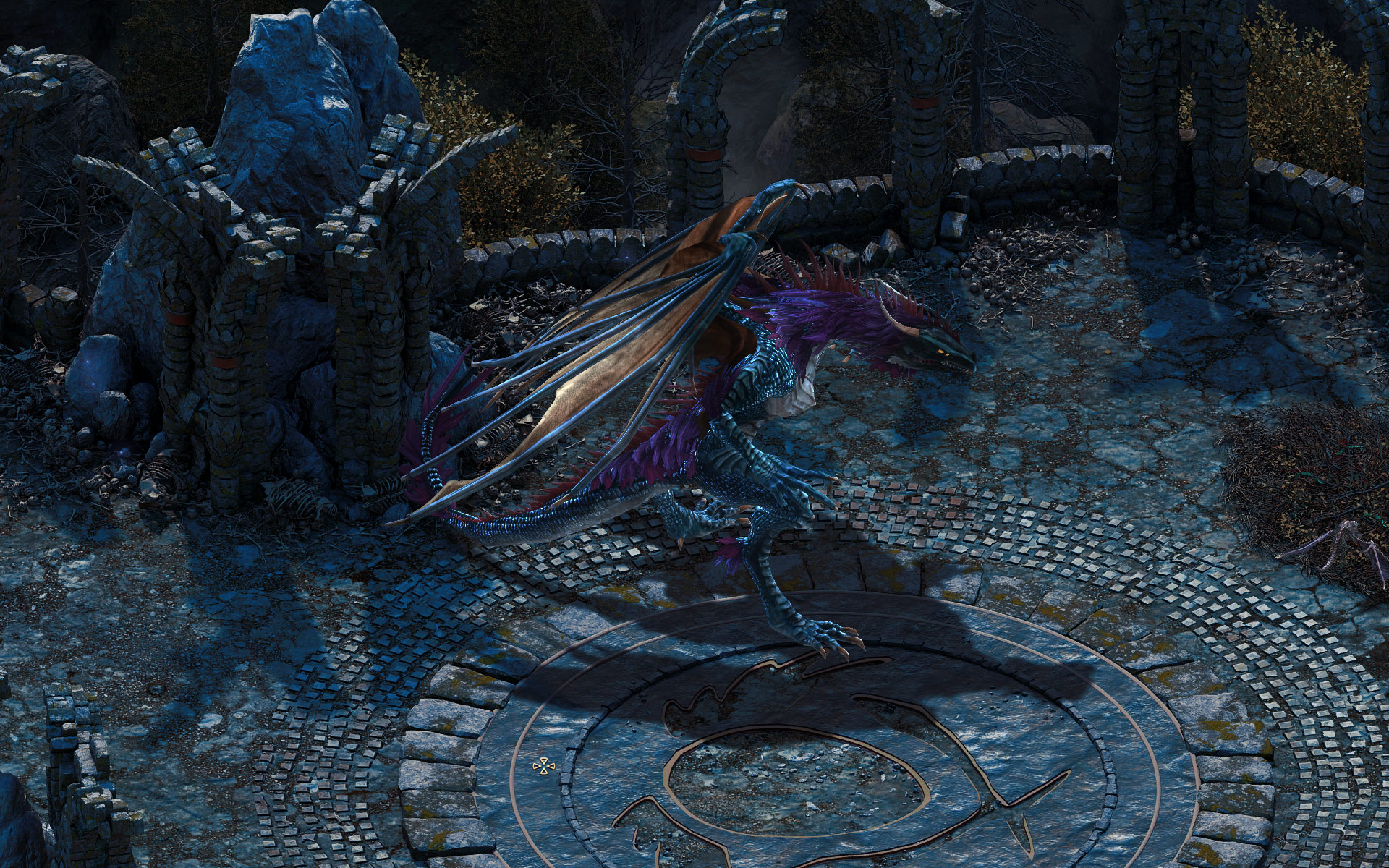
End of the grind?
"I think the developer of any kind of game needs to be respectful of a player’s time, and if you make long-form games you have a lot more time that needs to be treated preciously," says Matt MacLean, lead narrative designer on Obsidian's Tyranny. I ask MacLean whether he believes mandatory grinding has gone out of fashion in RPGs specifically. "I think as more games grow up and away from the D&D model of knocking down doors to kill monsters to knock down bigger doors to kill bigger monsters there will be less and less emphasis on ‘grinding’ monsters and more emphasis on rewarding the player for completing quests, collecting things, exploring areas.
"Seen from a very abstract level, I think very old RPG games failed in that, if you were not winning at a particular battle, your only recourse was to play bully and tackle older/easier encounters until you level up and are ready to tackle the previous impossible obstacle."
Developers know the fight is on for your time, not just your money.
MacLean also worked on South Park: The Stick of Truth. The combat in this undemanding RPG was pretty simple, with the emphasis instead on enjoying the jokes and exploring an authentic version of the show's town. "The target audience factors into most every decision we make on a game—we have to be very familiar with what concepts players will already know coming into a game. On a game like South Park, our intended audience was ‘the South Park fan’ and while we could safely assume a lot of South Park fans are RPG gamers, the game has to be aimed at the entire venn diagram, not just the overlap that’s easiest to entertain.
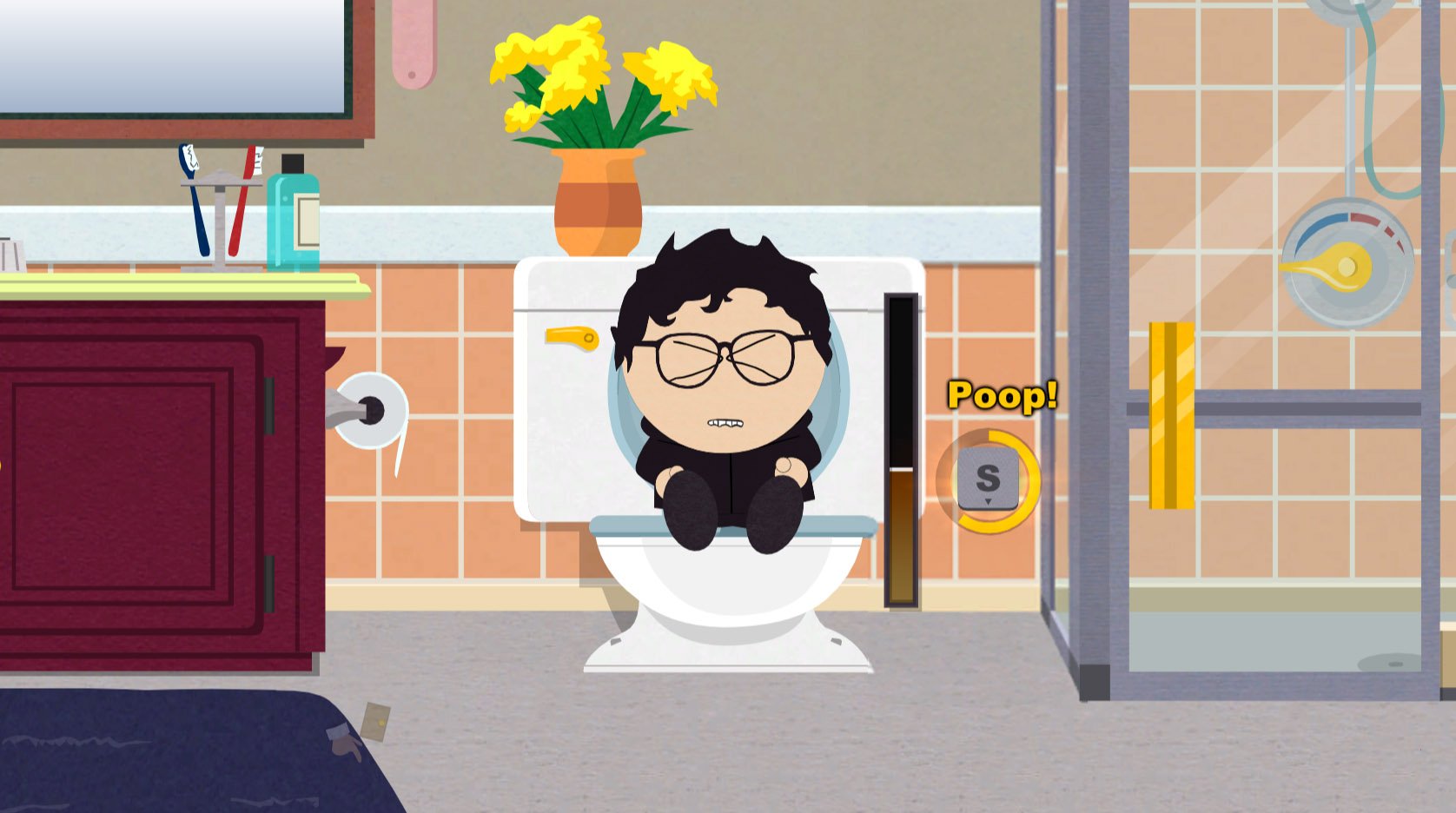
"South Park’s length is more a function of the story and humour than the demands of the audience, but certainly the game’s relatively modest difficulty was driven in part by [us being] conscious that it’s better to err on the hardcore gamers calling Stick of Truth too easy than to have a massive swaths of fans stop laughing because they’re dying over and over again."
The biggest gaming news, reviews and hardware deals
Keep up to date with the most important stories and the best deals, as picked by the PC Gamer team.
Pillars of Eternity was made for a different crowd, one deeply familiar with the Infinity Engine era of RPGs from the late '90s and early '00s. It's fair to assume the player will be more patient when it comes to customisation, absorbing lore and strategic combat. "Whereas South Park had character creation simplified down to one choice (pick your class), Pillars opened with nearly a dozen classes, a bevy of races, attributes and skills to customise—this deluge of options was both acceptable for the target audience of Pillars and, based on Kickstarter input, many of them craved this level of detailed character customisation and would likely have found too much simplicity to be a bad thing."
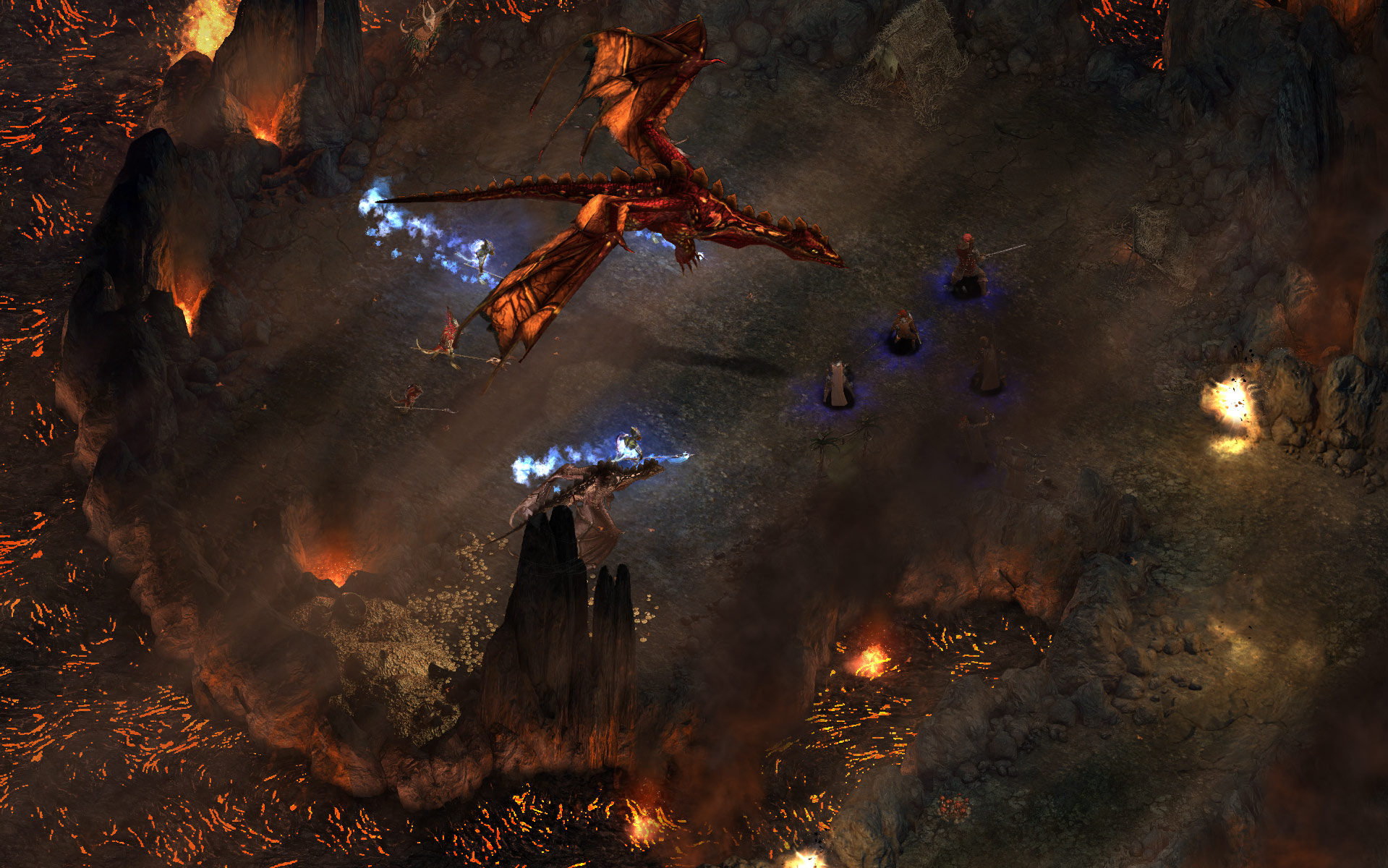
Instead of thinking about hours invested, they considered the different ways you might spend that time. "Some players will read every line of text, examine every object, and take full advantage of a real-time-with-pause system to ponder their options, others skip every bit of reading allowable and with most folks resting somewhere between those extremes, estimating where the player will be after X number of hours only gets you so far," MacLean says.
"Taken as a whole, it’s largely meaningless for us to think in terms of ‘hours in’ and most pacing is established by character level, quest completion, or some combination of the two."
Back to the start
Roguelikes, or games with roguelike elements, are repetitive by design. I love FTL, even though I've tackled the same intergalactic moral conundrums a bunch of times and memorised all the various ways they play out. With such light touch writing, though, I can blitz through them and focus on gathering a large crew and decent ship upgrades for the game's final battle.
Presenting the same chunks of story over and over again can still be a test of the player's patience. In the roguelike narrative game Sunless Sea, permadeath meant repeating chunks of text-heavy scenarios. Alexis Kennedy, the game's creative director, is frank about that. "I think having long negative spaces between events in Sunless Sea made the game, but one thing I regret most, by a long way, is making players repeat content after permadeath. That was just me trying to make two different kinds of games at the same time. It’s not a mistake that I hope I’ll make again." It's something that Failbetter's promising-looking space-based follow-up, Sunless Skies, is looking to avoid. It's even mentioned in the game's Kickstarter pitch video.
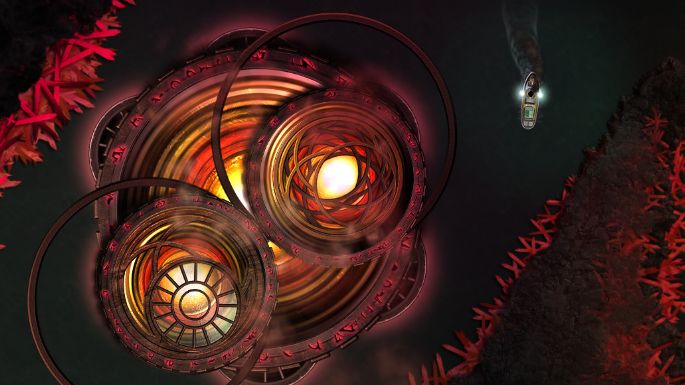
"FTL was one of my influences on Sunless Sea, but we didn’t do a lot of the things FTL did well. You might play five games, or you might settle down and have a dramatic game that lasts all evening. Cultist Simulator is something much more lightweight: something that you could play over evenings and evenings and get hundreds of hours of play out of it, but you can finish the game in the evening."
Cultist Simulator is a narrative board game, the prototype of which you can download now. To avoid repetition, Kennedy is looking at including a legacy system similar to Sunless Sea, only with a few additions—that is, you play as a successive character each time, so there's a sense of continuity between playthroughs, but more random elements shape your protagonist so the game feels different from the start.
Stop wasting my time!
I'm convinced that some of the success of PlayerUnknown's Battlegrounds is down to the way it respects your time as a player. Games last around 20 or 30 minutes and the matchmaking is quick, making it the most concentrated and gratifying form of battle royale around. "I was actually thinking about that as well when I was making Cultist Simulator," Kennedy says. "The games are almost in no sense alike and they’re at the opposite ends of the market, but you know what you’re getting into. It’s not just that it’s something that takes up a short period of time—a lot of games are short and not interesting—it’s that at least I know how much time I’m going to have to invest in it."
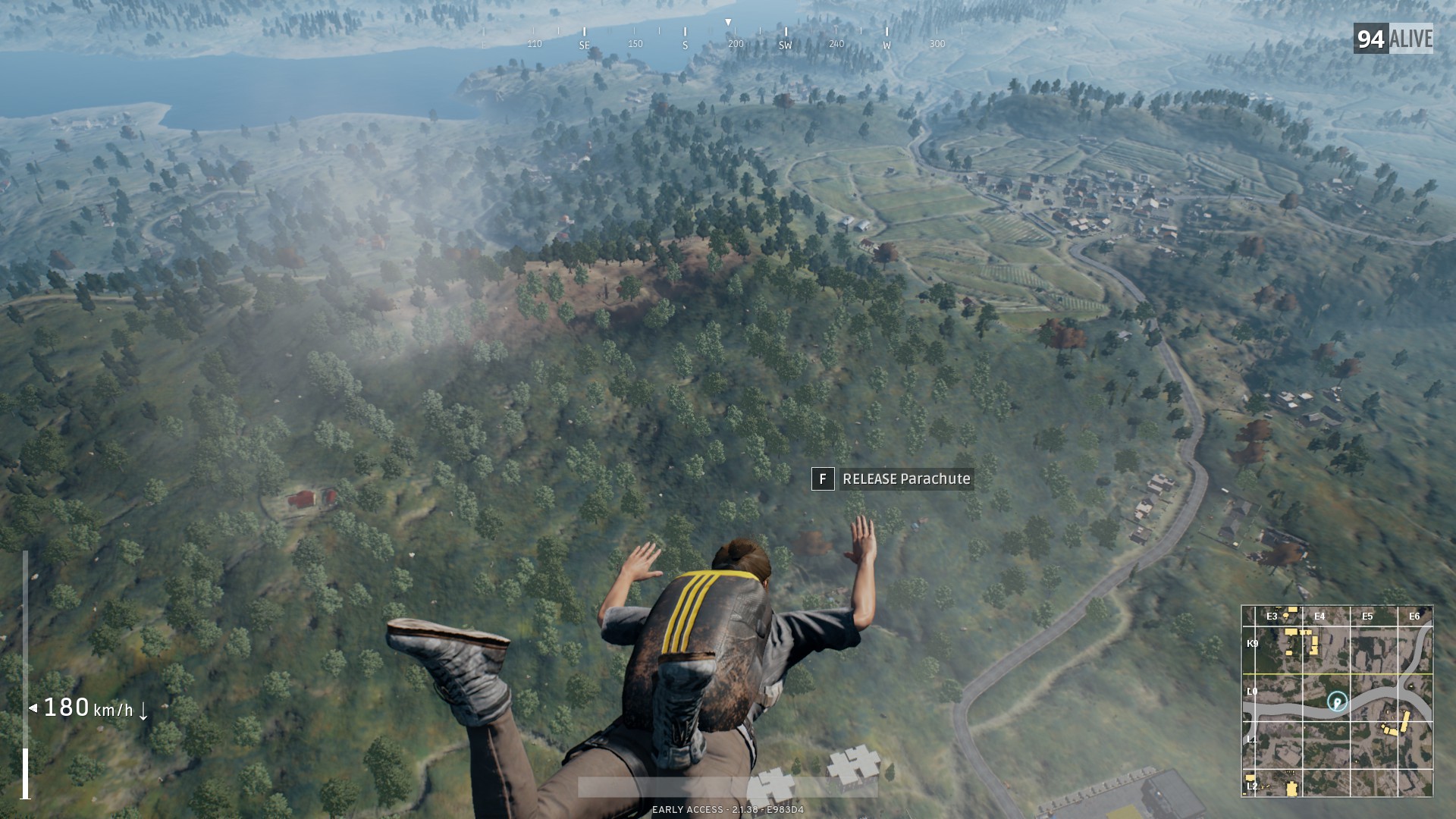
Any design decision that cuts out wasted time is a welcome one, no matter how granular a change that might seem. I was fascinated by the success of the Stop Wasting My Time mod for XCOM 2, which currently has over 240,000 subscribers on Steam Workshop and over 70,000 downloads on Nexus. Despite this unquestionably being one of the best strategy games of the last few years, the mod's popularity suggests many players were more than happy to cut out the pauses that occur between kills, going into cover and so on.
"When the game was released, my very first mod was a simple config edit that increased soldiers' movement speed," says the mod's creator, Danny 'BlueRaja' Pflughoeft. "I liked that it saved time, but I quickly grew to hate how unnatural it made the animations. I realised what I really wanted was to reduce the lengthy pauses between actions, which would require more than a simple config edit. Thus, 'Stop Wasting My Time' was born."
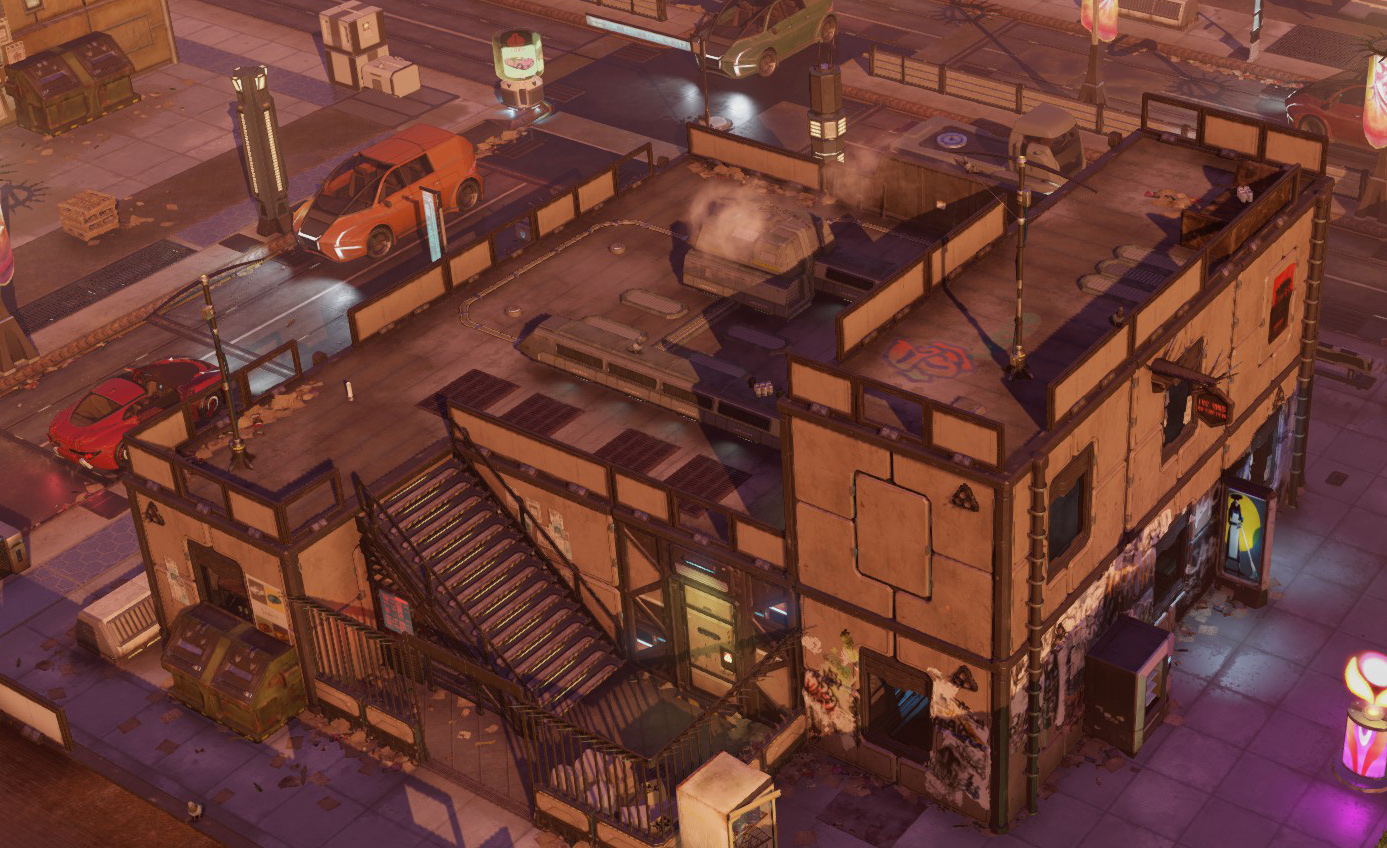
Pflughoeft wanted to preserve the natural pace of Firaxis's game, while still removing those little time-wasters that players found annoying. "In XCOM 2, most of the pauses are definitely deliberate. They're also important—if you play the game with no pauses at all, the game feels rushed and unfun. With 'Stop Wasting My Time', I tried very hard to strike the appropriate balance between 'time-wasting' and 'too rushed.' If I did it correctly, you shouldn't even notice the mod is enabled!"
I ask Pflughoeft if developers are conscious enough of players' time generally. "Definitely. In fact, the little pauses and time-wasters are a crucial element in many games to making rewards feel rewarding. Would Minecraft be as fun if every block broke instantly? Would Clash of Clans be as addictive if you didn't have to wait for things to build? Waiting can be so gratifying that games like Cookie Clicker spawned an entire genre of 'Idle Games', where waiting is the entire game!"
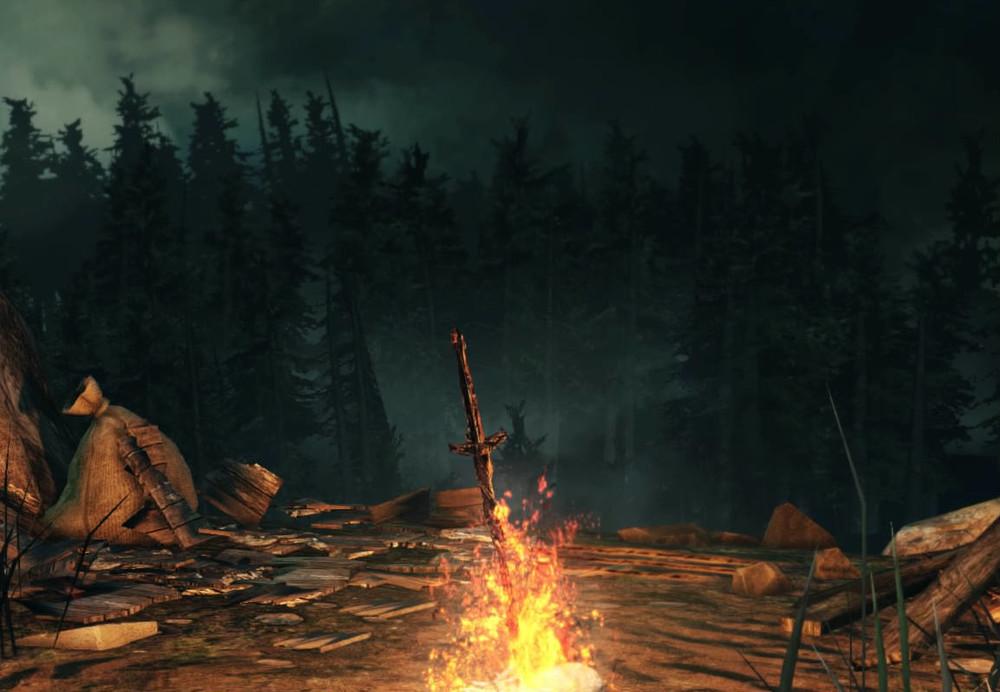
Not everything should be instantly satisfying. Games like Dark Souls are built on the idea of delayed gratification, which is backed up by world-class combat and environmental design. And developers are more conscious of how they use your time than ever, I think, because they have to be. That's apparent in better pacing at the start of modern blockbusters, shorter forms of games and more generous use of checkpoints—they know the fight is on for your time, not just your money.
"I do think that every game dev who’s responsible for checkpoints should be forced to spend a year raising a child," Kennedy says. "Sometimes you don’t have any option but to put the controller down. I think there are strong reasons to prevent someone from pausing or saving, but those reasons are sometimes overwritten because the real world has children, fires and grocery deliveries."
Additional interview quotes supplied by Joe Donnelly.


